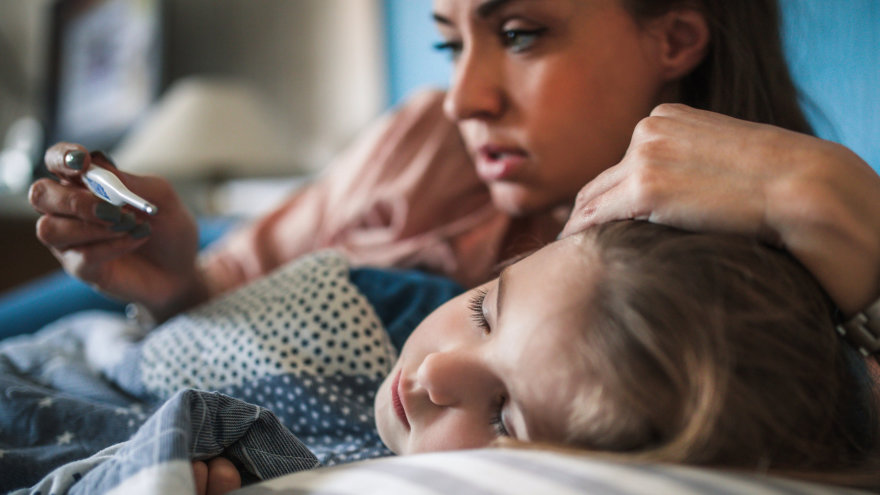Too Much Screen Time: Is This a Problem?

School will soon be out for the holidays, and that means more leisure time for the family. But, it can also mean more-than-usual the amount of screen time your children may want to spend on their devices. Is there a problem with that?
Yes, according to the Mayo Clinic. Parents should strive to monitor screen time, and instead allow for physical activity and critical thinking.
There are health benefits related to reducing screen time, such as improved physical health, decreased obesity, and more time to play and explore.
The American Academy of Pediatrics recommends no screen time for children under 2, one hour per day for children 2 to 12, and two hours per day for teens and adults. Limiting screen time will allow you keep a closer eye on what your child is experiencing on social media and the internet. It also will combat risks of obesity, sleep disturbances, depression and short attention span.
“I know this is a topic on everyone’s mind,” according to Michael Ginsberg, M.D., pediatrician for NorthBay Health. “As a general rule, I recommend no more than one hour Monday through Thursday and two hours on the weekend.”
He also shares an American Academy of Pediatrics media plan with his parents, to help set family expectations. The personalized family plan can be generated by going here:
Here are some tips from the Mayo Clinic to help you trim your children’s screen time, and balance time for other healthy growing habits:
- Be accountable. Set expectations and goals with your children about reducing screen time.
- Be realistic. If you start to notice your children spending too much leisure time on screens, start with setting attainable goals. Instead of jumping right to the recommended one hour per day, start by cutting their screen time back a little at a time.
- Control content. There are free and paid apps that parents can use to manage access to appropriate content. Some of these apps also can allow you to set controls based on age, and schedule permissible screen time and automatic lock times.
- Create electronic-free zones in the home, such as family meal areas. This will help manage expectations.
- Maintain a good sleep routine. Sleep is an essential element of success for children. Aim for an early bedtime and a consistent routine of winding down. This includes no screen time leading up to bedtime.
- Identify time for your child to be outside and playing. Getting outdoors and away from electronics is important. Play is good for your family's health.
- Build in daily exercise. Though this may be during play time, exercise increases endorphins, is a mood-booster and helps improve physical health and maintain a healthy weight.
- Spend quality time and engage without those electronic devices. After work or school, spend time each day talking face-to-face with your children and give them your full attention. Remind them of the importance of forming strong relationship bonds through in-person interaction. Engaging family time not only helps reduce screen time, but also builds a healthy home environment.
Speak with your child's Pediatrician for more tips on how to create healthy screen time habits. NorthBay Health Primary Care patients can schedule an appointment by calling (707) 646-5500 or through our patient portal.



